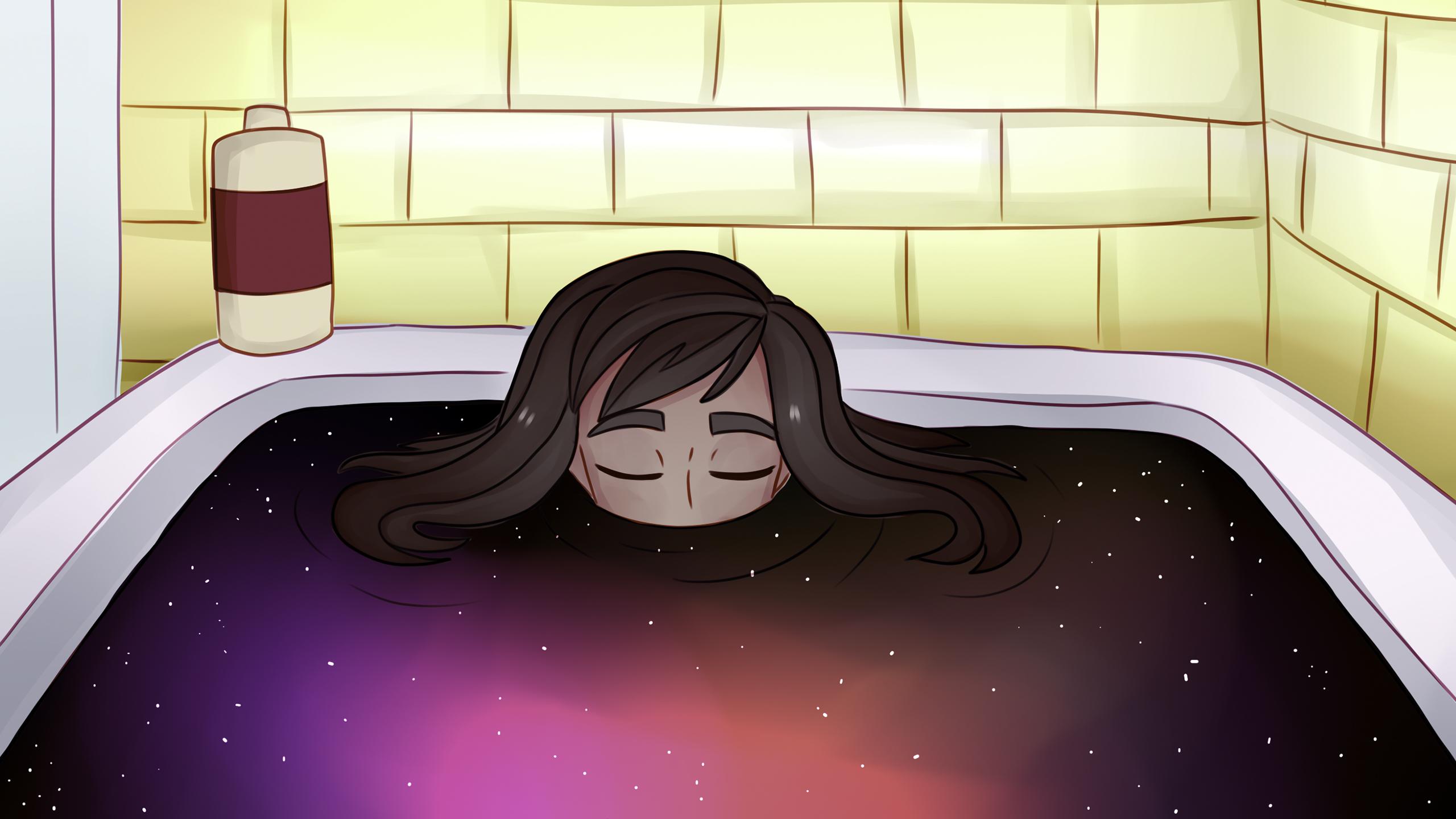By Catherine Abes
This is a satire piece from our Fun Issue, The Darkest Timeline. Life has become such a clusterfuck that it’s hard to tell the difference between reality and satire. While this is a made up story, it’s rooted in truth and research to provide social commentary. Have fun reading!
Alice Moon says she hasn’t been able to write any poetry since releasing her zine back in July, “Read 3:26 a.m.” The collection of poems unpacks a string of Bumble dates gone wrong due to “incapacitating, maternal-induced trust issues” and a “deflated sense of self-worth.”
The third-year creative industries student first started writing about her past trauma on the recommendation of her therapist, who suggested it could help her heal.
In first year, she accidentally sent a publisher an excerpt from her diary instead of the first draft of her poem. Before she even caught the mistake, the piece had been posted online, he’d sent her a contract for a full book based on her life and Disney had bought the movie rights.
Since then, Moon has banked on her traumatic experiences to pay her bills. But she’s run into a new problem: she has no more emotional trauma to exploit in her work.
Often, creative industries ask people to “dig deep” and rehash their own stories of suffering, such as family turmoil, identity and being ugly until the age of 17.
River Edwards, a former Ryerson dance major, knew he was out of experiences to incorporate for his work when his last solo, “Getting Ignored by Yorkdale Customers at My Minimum Wage Retail Job” was met with boos. Critics said his movement, while technically clean, had “no feeling.” Unable to produce heartwrenching choreography, he dropped out of school and now lives in a bachelor apartment with eight other retired creatives.
While the situation isn’t ideal, he’s grateful that he won’t have to relive any more significantly damaging experiences.
“Now I can work towards healing—including the trauma of being retraumatized.”
Cashma Nee, Edwards’ former agent, says it’s worth it for creatives to go through emotionally damaging experiences if it means they can produce authentic, touching, totally unique, completely never done before, work.
“I suppose it could be distressing for creatives to gut their previous traumas and lay it all out,” she says. “But art is about suffering. All of the great artists had to suffer. I’m even suffering here—I have to give all my clients a 30 per cent cut of everything I make off their work.”
Nee said the suffering will do creatives well—the money they make now can help them afford actual therapy later.
Moon picked up a second job at the Metro on Gould Street to help support herself and her succulents named after poets. She witnesses pain every day—from students living off of potato wedges to the look of defeat when customers learn they can’t use their 10 per cent student discount on a six-pack of PBR.
Moon says that if something fucked up doesn’t happen to her soon, she’ll go into debt.
“This stress of waiting to be traumatized is almost traumatic enough to write about,” she says. “My agent said it’s too niche for the industry to profit of off, though.”













Leave a Reply